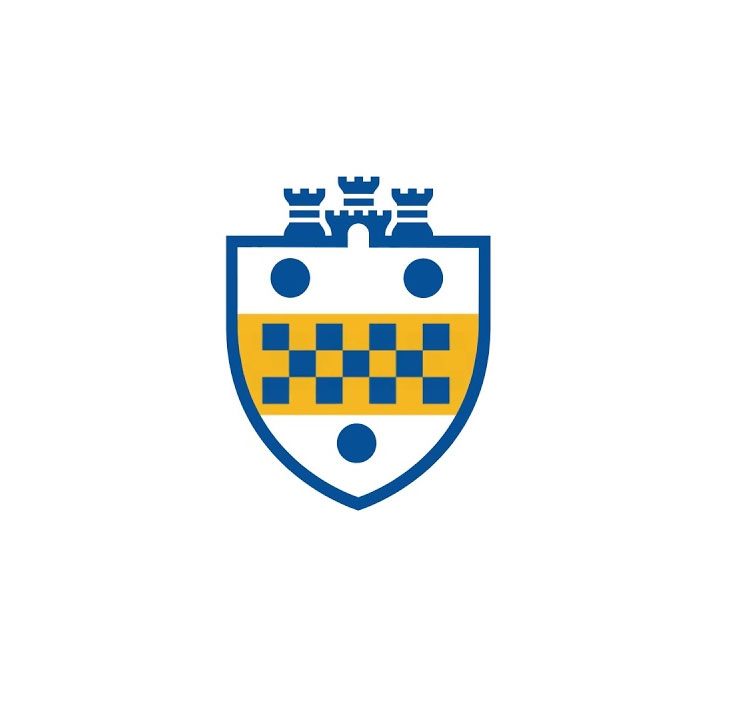James Wang, PhD
Mentor

Dr. James Wang
(Orthopaedic Surgery, Bioengineering, MIRM) Mechanobiology; Atheroclerosis; Cellular mechanics; Functional tissue engineering
Our cardiovascular-related research interests focus on the cellular and molecular mechanisms of the development of atherosclerosis. In spite of many years of intensive studies, the factors that cause the development of atherosclerosis remain elusive. We hypothesize that altered mechanical stretching causes injuries to the endothelial cells, leading to dysfunction of the cells and finally the development of atherosclerosis. To test the hypothesis, we have developed a novel in vitro model system, with which organization, shape, and mechanical stretching conditions of human aortic endothelial cells (HAECs) can be closely mimicked. Using this novel model system, we investigate the proliferation and expression of platelet derived growth factor (PDGF) of the HAECs, and the production of plasminogen activator inhibitor-I (PAI-1), monocyte chemotactic protein-1 (MCP-1), and reactive oxygen species (ROS) by HAECs in response to various mechanical stretching conditions. Furthermore, differential gene expression of the HAECs subjected to cyclic mechanical stretching are examined using "gene-chip" (microarray) technology. In addition, our group is developing the Love-mode SAW sensor array system to study the adhesion and contractile properties of human endothelial cells and smooth muscle cells.
